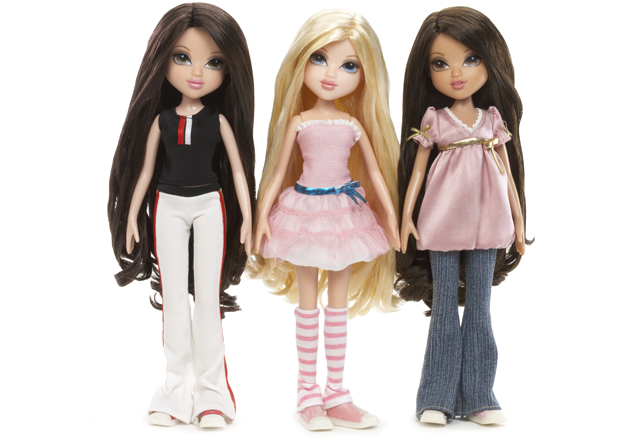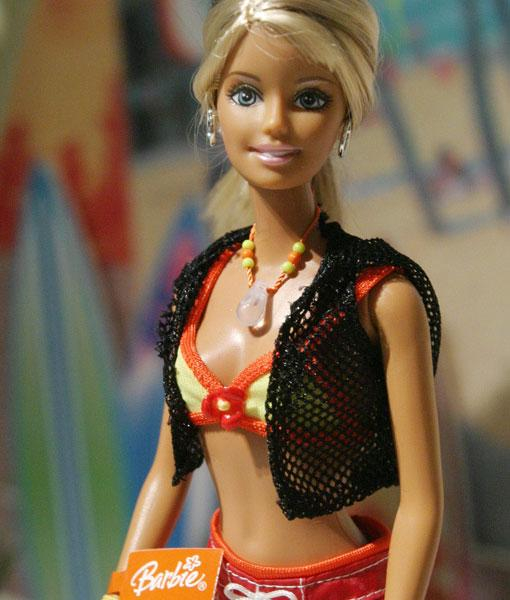One rape is reported every 21 minutes in India. Approximately one in five women in the US have been raped, which means more than 23 million women. During the protests that took place in Egypt’s Tahrir Square it was reported that in 2013 in four days nearly 91 women had been raped or sexually assaulted. The UN estimates that worldwide one in five women will become a victim of rape or attempted rape in her lifetime. Up to 70 per cent of women experience violence in their lifetime. Nearly 120 million girls worldwide (slightly more than 1 in 10) have experienced rape or sexual abuse at some point in their lives. And 98 per cent of the 4.5 million forced into sexual exploitation through human trafficking are women and girls. The problem is actually bigger than the statistics because many cases of violence and sexual violence against women go unreported.
Given these realities of the human condition, and keeping in mind these are statistics largely from societies where there is law and order, I am not even speaking here about the atrocious statistics from war zones where sexual violence is systematically used against girls and women. In light of these realties, what should we be teaching our children (boys and girls) from a very young age, about their sense of self, values, gender roles, and about what it means to be empowered?
I recently walked into a toy store in Dubai to buy a gift for my niece, it was hard not to be shocked. She asked me specifically to buy her a Barbie doll; I hadn’t shopped for a Barbie doll since I was a child. As I saw the dolls I had a very difficult time finding one that was dressed appropriately. Most of the doll’s outfits were so short that should they sit down or bend over their underwear would show. And this isn’t just Barbie, most of the dolls with very few exceptions portray a very specific image of what it means to be a woman, and it’s a very sexualised image.
Defining their sense of self
These toys are sending strong messages to young minds that are beginning to define their sense of self and their values. One, that beauty means something very specific, namely a slim body with just enough curves, big eyes, a tiny nose and full lips. Two, modern and attractive appearance requires clothes that are preferably sexy, the shorter and tighter the outfit, the lower the neck line, the higher the heels the better. Three, it’s all about how you look.
The America Psychological Association (APA) conducts many studies on the impact of trends in popular culture on children. I would argue that American popular culture, which is currently the dominant Western culture, has a global influence; hence the APA’s studies are relevant globally.
One of the trends the APA has found is the increase in the “sexualisation” and “adultification” of children, specifically girls, in popular culture via media (TV, social media, advertising, etc) and other outlets such as toys. The APA studies found that this sexualisation of girls ultimately leads to “mental health problems in girls and women [which include] eating disorders, low self-esteem, and depression”. The APA also found that there is a larger impact on society, which “may include an increase in sexism; fewer girls pursuing careers in science, technology, engineering and mathematics (Stem); increased rates of sexual harassment and sexual violence; and an increased demand for child pornography”.
I’m not here to tell you to boycott toy shops or Barbie dolls. What we do need is to be more conscious of what we are consuming in society, not everything out there permissible for public consumption is a positive thing. We should be looking thoughtfully and critically especially at the areas effecting the lives of our children, and we should teach our children to the do the same. For example, the toys I’m referring to are produced by corporations that have one goal in mind; the maximisation of profit. The clothes worn by these dolls are influenced by designs trickling down from the fashion industry, an industry also run by for-profit corporations headed primarily by men. Ironically it’s ultimately these men who are defining how women dress. I am just asking you to think.
I won’t be buying Barbie dolls or any other similar toys for my daughter. I will be raising her to dress elegantly and modestly, with the understanding that it is in the virtue of her character where her true power lies. We change the world for the better one person at a time, what better way than to start with our children.
Najla Al Awadhi is a former member of the UAE Federal National Council.










